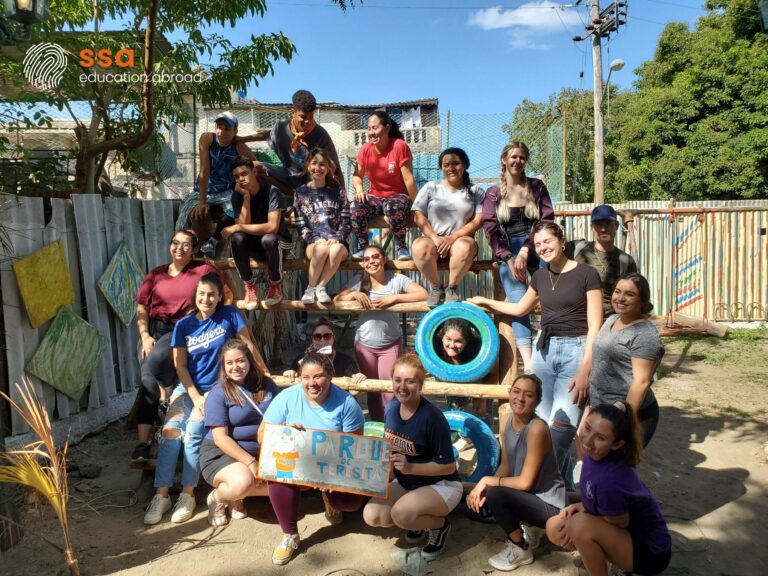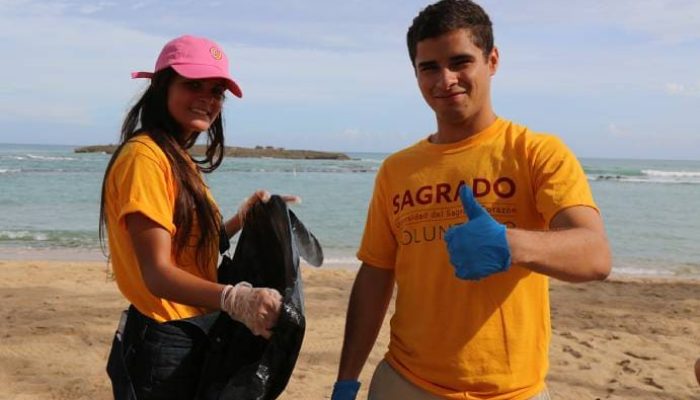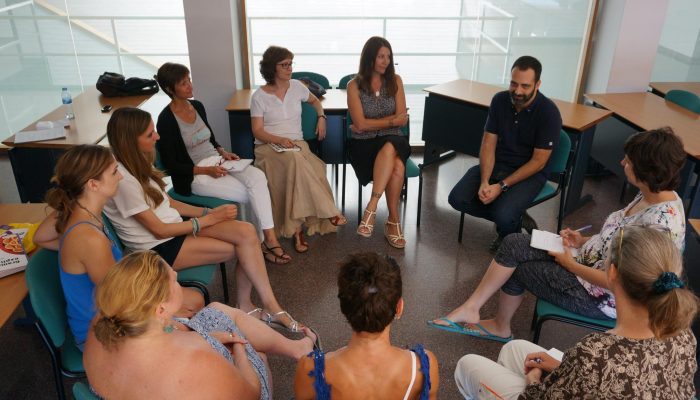What is study abroad?
“Study abroad” is an opportunity to pursue an educational program in a foreign country. Some people study abroad to develop foreign language skills or to improve their ability to work productively with other cultures.
Let’s face it though – a lot of people take some kind of educational course abroad because we love to travel and experience new things.
Study Abroad Definition: So What Is It?
This simply refers to a program in a different country where you take classes – typically – and learn something new.
For American college students, this can often be an entire semester – or even an academic year – at a university in another country.
Other programs might be less classroom-based and more “hands-on” learning. Take for example field work in Anthropology or Environmental Studies.
Even so, all study abroad programs provide some way to learn, from the classroom, to visiting educational sites or a hands-on internship.
When do most people get the opportunity to study abroad?
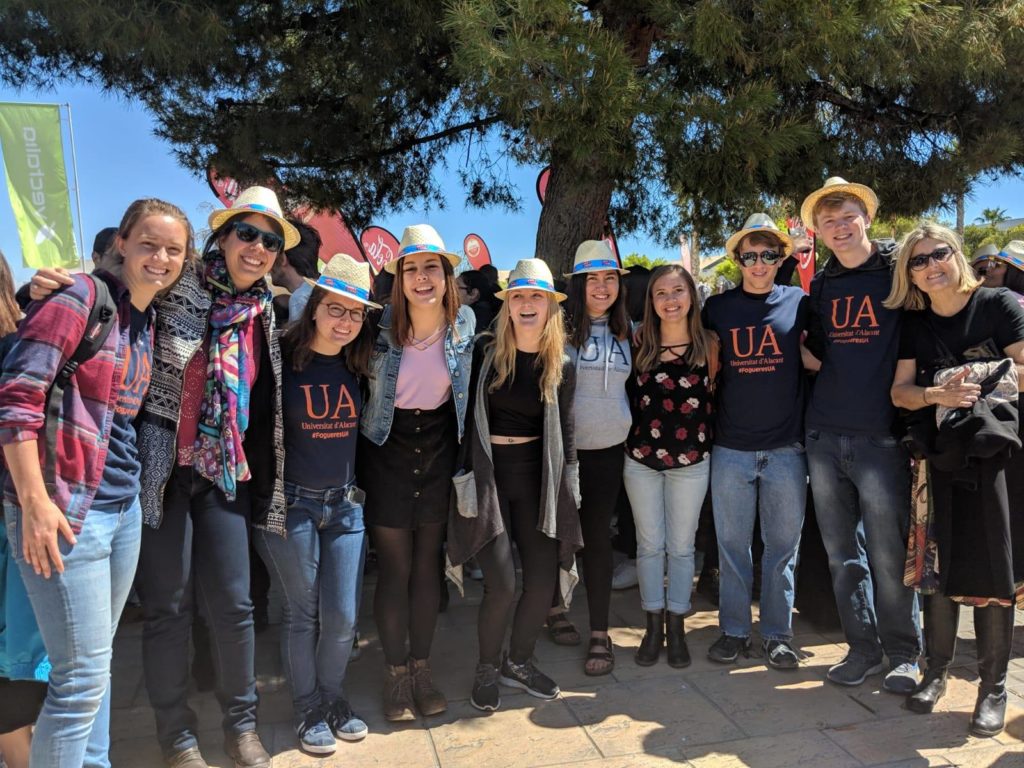
The most common time for Americans to study outside of the USA is during their undergraduate years.
Their programs can vary from short-term – 10 days – to an entire academic year. The most common time in the USA to study abroad is during college years.
What are Study Abroad Study Tours & Camps?
But there are other times when we can have wonderful opportunities to learn outside of our country.
You can attend short-term “study tours” or camps. Different camps emphasize things like sports, languages, science, international friendships, and service projects.
What is Study Abroad: Gap Years
The popularity of taking a “gap year” – after high school graduation and before starting college – continues to grow. Some estimates are that up to 40,000 US students take a gap year. These days, there are so many gap year ideas for young people to have fun and develop themselves at the same time.
This represents between 1% and 2% of US college-bound students but in the United Kingdom, the total can be over 5% of all students.
Professional Development or Language Studies

It is probably the most challenging for working adults to study abroad. If they do, it is often for short-term programs such as courses for professional development or language studies. Typically something related to their career.
What are the program formats for studying abroad?
For college students, the choices are varied.
- Short-term trips are “faculty-led” and take place outside of the typical academic calendar. They often focus on one or two academic areas.
- Other short-term programs are intensive and classroom-based. They might take place for “January Term” or “May-mester” or they can follow typical intensive summer schedules.
- Academic semesters – you can take 4 to 6 classes just like being on your home campus.
Youth programs
These mostly focus on summer travel and can range from 1 week to most of a summer.
Students and their families should think about what their needs and interests are. This will help to narrow down their options.
Working adults
There are programs for working adults held throughout the year at business institutes, universities, language schools or other educational providers.
There are short-term programs in areas such as marketing, project management, cross-cultural studies or languages.
Why you should study abroad
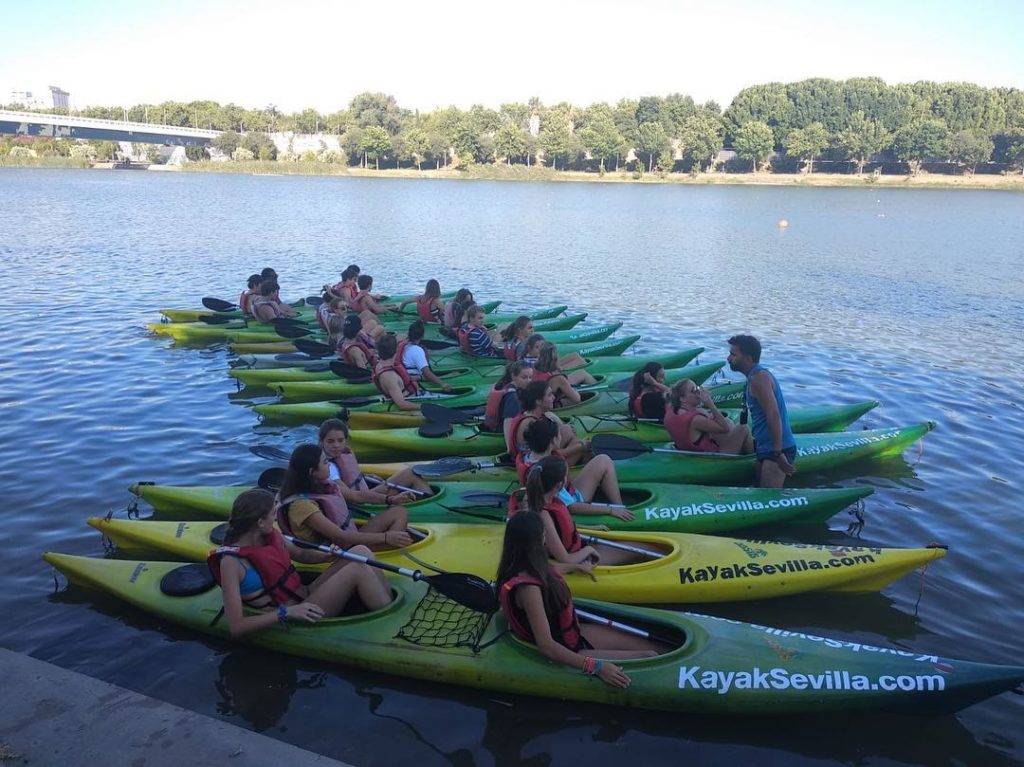
Learning and living abroad is fun!
For some people, this is the main reason! If you’re looking for great life experiences, studying abroad can be a great time.
Make your job applications stand out!
Make your resume pop and stand out from the crowd! Study abroad develops a wide range of leadership skills which will help to bolster your resume once you’re back home and looking to join the job market.
Show why you’re the college applicant that they’re looking for
For students in high school or younger, college admissions officials look for well-rounded applicants. Study abroad experiences can definitely help show that you are one.
Grow! Learn! Develop! Enjoy!
Educational experiences in other countries help you see the world differently.
You will improve your critical thinking and gain confidence from solving problems in completely new surroundings.
- Read more: why study abroad: 8 amazing reasons to study abroad
- Read more: how to study abroad: the complete A-Z guide
The emotional roller coaster of studying abroad
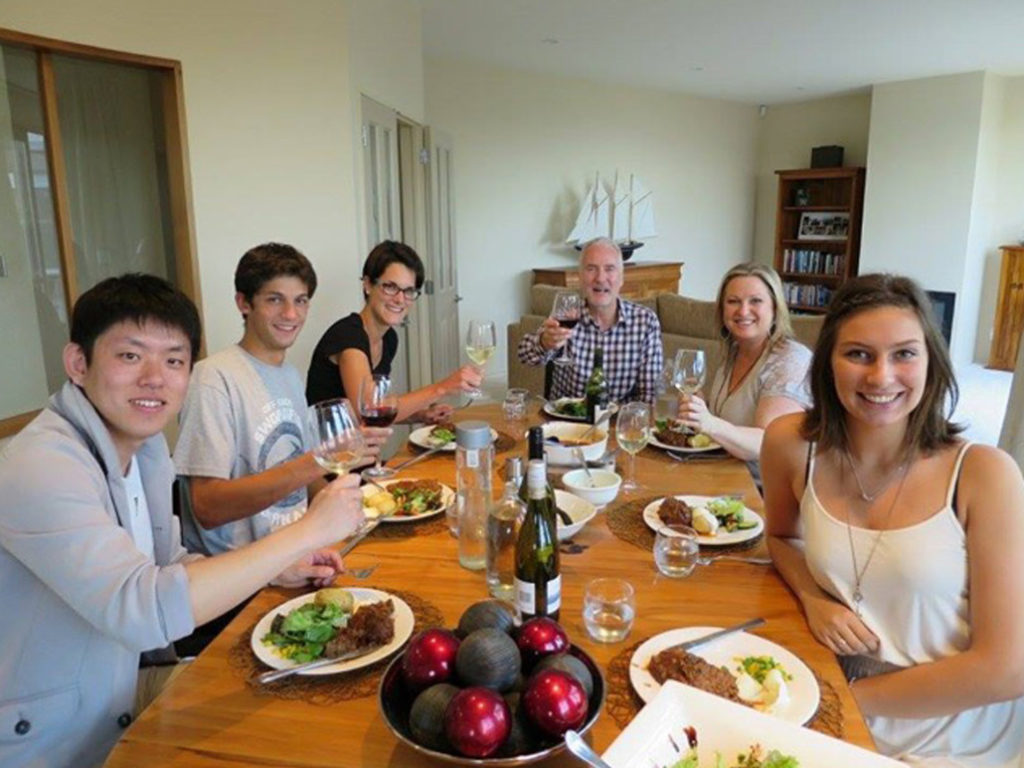
Ups and downs while studying abroad
Life overseas isn’t always easy and whether you should study abroad or not is a difficult question. That’s where the character-building part comes in. Many people go through emotional stages.
It is common to start with a great deal of excitement as you get to know your new place. It can almost feel like you’re a tourist.
But from there, if you have a long program of study, you may feel your excitement wear off and other emotions setting in.
It usually levels out
These feelings are normal and common – you’re in different surroundings. New things, eating different food, and away from your area of comfort.
Some people will experience moments of unease, awkwardness, homesickness or loneliness.
It is important to keep in mind that these feelings generally pass as you get used to your surroundings and make new friends.
Where can you study abroad?

I’ve heard Europe is nice…
The answer to this question can be almost as varied as the question “Where can I travel?”
It is true that many from North America choose to study in other wealthy, western countries such as Europe.
For generations, many students from the USA chose famous capitals such as London, Paris, Rome and Madrid.
In more recent decades, study abroad programs for Americans have opened up in almost every corner of the work. Even if Europe and the United Kingdom remain very popular destinations.
Source data: Institute of International Education 2019 (OpenDoors Report)Maybe you want to think about your area of study first and go from there…
Destinations for study abroad often depend on what you want to study or what you are studying in your college.
Students interested in design might choose a city known for art such as Paris, Florence or Barcelona.
If the purpose is to learn or improve a foreign language, then you travel to a country where that language is spoken, to be immersed in it.
Cool experiences happen outside of Europe, too
Nowadays, American students can choose from destinations in Asia, Oceania, Africa, Europe, Latin America and islands around the world.
So it’s important to consider what country or region interests you because the choices are almost unlimited.
Most colleges have some preferred locations, depending on your major so if you’re a student, check with them.
Some high schools take groups abroad – you won’t have a lot of choices – and there are many short-term programs for summer enrichment for ages 10 to 18.
Maybe you want a camp in Switzerland or a service-learning program in Latin America – there are many choices!
How does studying abroad work?

Meet with your advisor and the campus international education office
For American college students, the first step can be checking with your academic department to see if they have any preferred destinations.
You should also check with the international education office at your institution. From one of these sources, most students can find a place that captivates their interest and if not, you can take ideas to them.
The Cost of Studying Abroad
We can’t overlook the topic of finances, of course. When you identify some programs that might be of interest, you may find that they end up being cheaper than staying at your college for a semester or even an entire academic year.
Investigate all of the following:
- Scholarships for study abroad
- Whether your campus allows your financial aid to be used for study abroad
- Savings
- Student loans
- If the long-term programs are too costly, check out what professors are taking groups abroad.
- Family members. (“It’s a special opportunity, grandma!”)
For “youth programs”, start planning and saving now
For younger students – and their parents – the first step is considering what kind of program and what country or countries are of interest. Some common types of programs to narrow down the options:
- Language programs
- Community service programs
- Homestays with local families
- Outdoors camps
- Camps with a focus on academic learning and excellence.
Then figure out your budget and start to research. There is a lot of information on-line including reviews.
Most programs for young people do not give college credit so the procedures are much more simple.
So, have we piqued your interest?
“Studying Abroad” can be a fun way to have an educational experience outside of your country. It can help you grow as a person, help you get into a university and help you get the job that you want.
There are many, many variables that can affect your decisions and outcomes. Like anything in life, you have to consider what you’re looking for and do your homework.
Once you’re in your program, it is important to be adaptable, be open-minded and try to get the most out of your experience.



